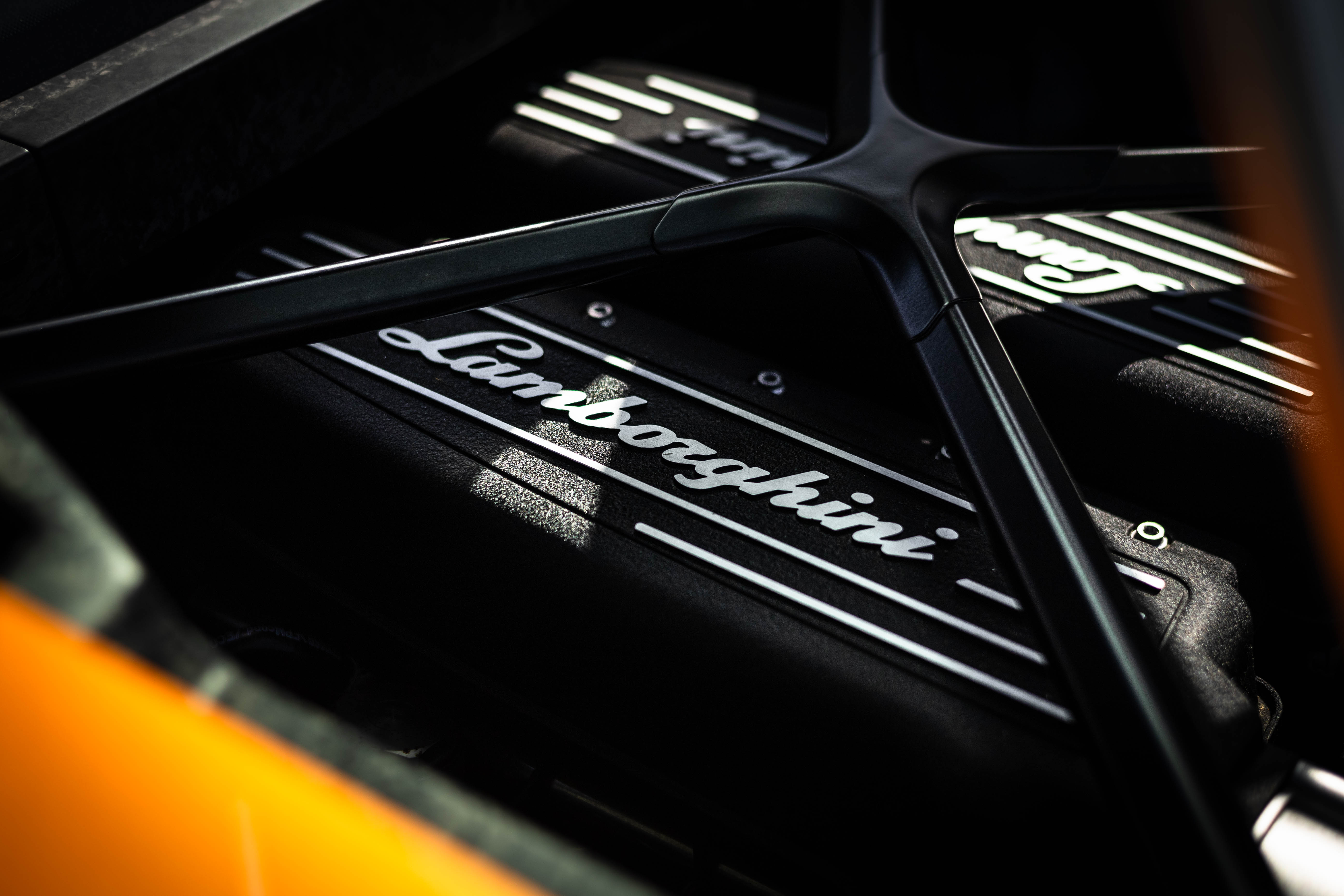Fuel quality is essential for a vehicle's performance, and one of the critical factors affecting performance is the octane rating. While many car owners know they need fuel with a certain octane rating, not everyone understands why it matters. So, what’s the difference between 91, 95, and 98 octane fuel, and why should you care? Let’s dive into the science behind octane ratings, combustion, and how it affects engine performance.
What is Octane and Why Does It Matter?
Octane refers to the fuel’s ability to resist ‘knocking’ or ‘pinging,’ which is the term used for uncontrolled combustion in an engine. When fuel ignites too early in the combustion process, it can cause a knock, which is harmful to the engine over time. Higher octane fuel is designed to withstand higher pressures inside the engine before igniting, making it less likely to cause these damaging knocks.
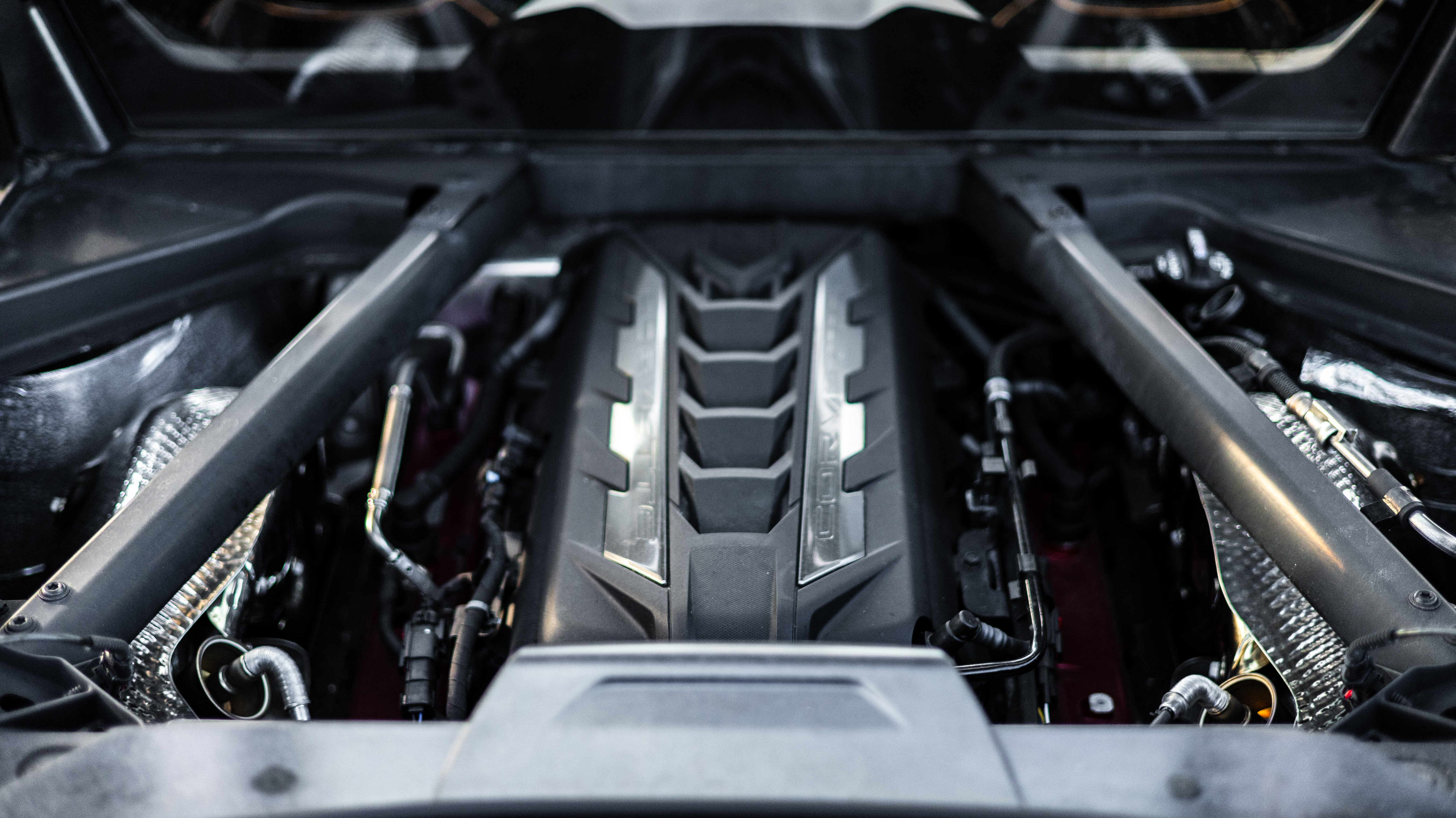
The Difference Between 91, 95, and 98 Octane Fuel
91 Octane: The Standard Fuel
91 octane fuel is commonly used in everyday cars with lower-performance engines. These engines don’t require the high compression ratios that performance engines do. Using 91 octane in a standard engine won’t typically cause issues, as these engines are designed to handle this level of fuel without knocking.
95 Octane: The Middle Ground
95 octane fuel is often used in more modern engines that have higher compression ratios. This fuel offers better resistance to premature ignition, which is important for engines that demand more power. It strikes a balance between cost-effectiveness and performance, making it ideal for mid-range vehicles and those with moderate performance needs.
98 Octane: The High-Performance Choice
98 octane fuel is specifically designed for high-performance and luxury vehicles. These cars often have higher compression ratios, meaning they need fuel that can withstand more pressure before igniting. Higher octane fuel helps prevent knocking, ensuring that the engine runs at its peak performance and without any damaging combustion. It’s essential for supercars, sports cars, and performance-oriented vehicles, as it allows them to fully unleash their power and potential.
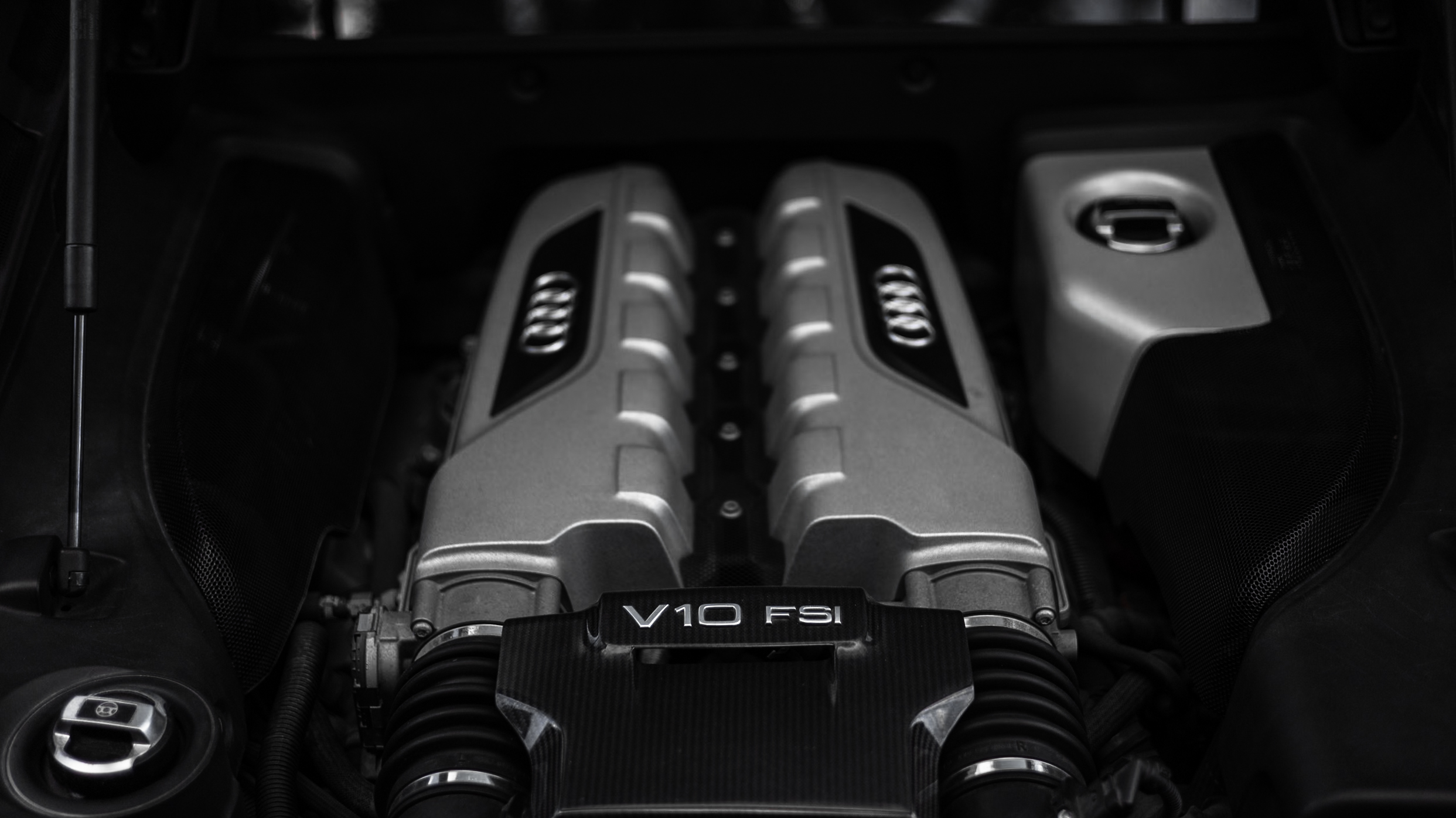
What is Combustion and How Does It Affect Performance?
Combustion is the process in which fuel is ignited within the engine, creating a small explosion that drives the pistons and powers the vehicle. The timing and control of this ignition are crucial for smooth engine performance. Ideally, the fuel should ignite only when the spark plug triggers it, but in certain conditions, such as when the air-fuel mixture is compressed too much, combustion can happen prematurely, leading to knocking.
Knocking or pinging happens when the fuel ignites prematurely, causing a violent explosion within the cylinder. This can damage engine components and reduce the engine's overall efficiency. When you use the wrong octane fuel, especially in performance engines, the risk of knocking increases. This causes the engine to lose power, and over time, it can lead to significant damage.
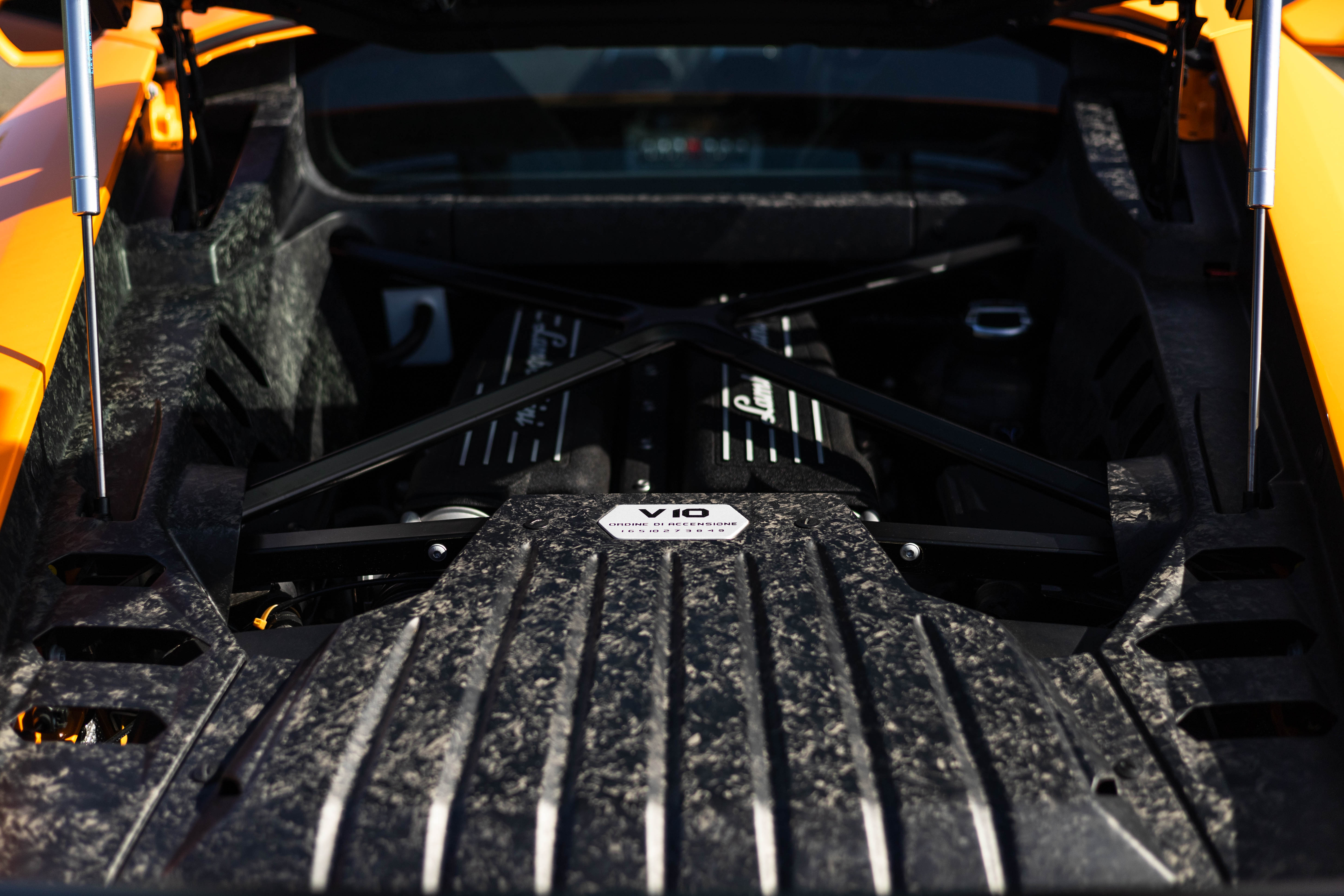
Why is 98 Octane Better for High-Performance Engines?
High-performance engines, like those in luxury sports cars or supercars, are designed to operate under higher compression ratios. These engines rely on precise timing for ignition, and using a fuel with a lower octane rating can cause premature ignition, resulting in knocking. When knocking occurs, the engine’s performance is compromised, and it can lead to inefficient combustion, which ultimately reduces horsepower and fuel efficiency.
By using 98 octane fuel, these engines can perform optimally. 98 octane fuel provides more stability under higher pressures, ensuring the engine runs smoothly without knocking. It allows the engine to operate at its highest performance level, maximizing acceleration, power output, and fuel efficiency. This is why all the cars in the MotorShare fleet require 98 octane fuel to function at their peak.
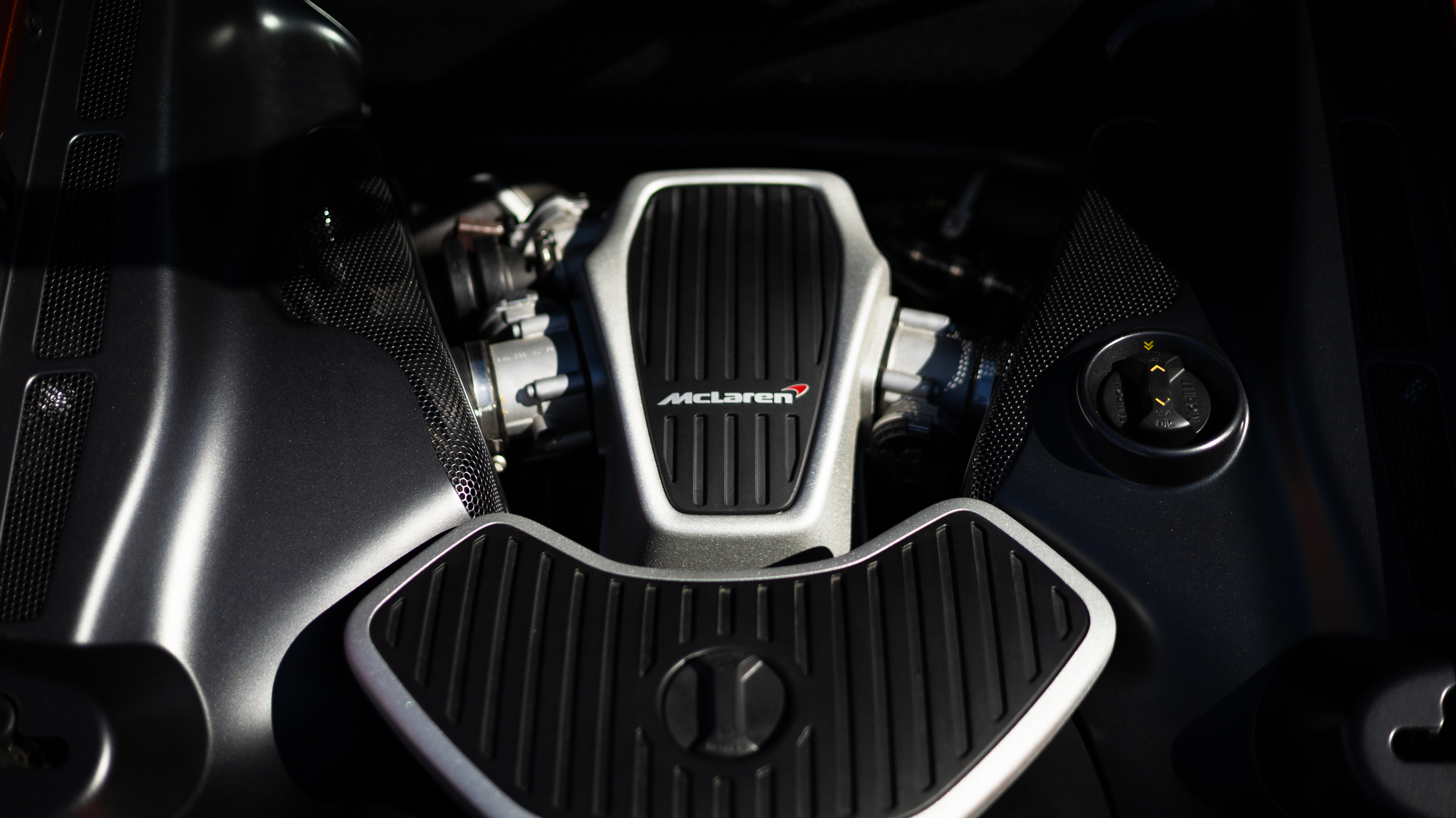
How Octane Affects Engine Efficiency
Using the correct fuel not only enhances performance but also helps maintain the long-term health of the engine. When you use the recommended octane for your engine, it ensures that the engine runs smoothly, with optimal combustion, leading to better fuel efficiency. In contrast, using too low of an octane fuel can cause the engine to misfire, waste fuel, and decrease overall performance.
For performance engines, the difference between 91, 95, and 98 octane is noticeable in the way the car drives. With 98 octane, the vehicle accelerates more smoothly, provides quicker throttle responses, and generally runs with more power and less strain on the engine components. This is why, in the case of sports cars and luxury vehicles, choosing the correct fuel is essential for maintaining their high standards of performance.
Conclusion: Why Higher Octane Fuel is Necessary for High-Performance Cars
To summarize, the octane rating of fuel is crucial for the performance and longevity of your engine. While regular cars can use 91 or 95 octane fuel without much issue, high-performance vehicles require 98 octane to operate at their full potential. Using the correct fuel ensures that your engine runs smoothly, prevents knocking, and enhances overall performance.
For the cars in the MotorShare fleet, using 98 octane fuel is essential for maintaining the superior driving experience they are built to provide. So, the next time you’re fueling up, make sure you’re giving your car the fuel it deserves.
Do you not know where to refuel in Auckland?
MotorShare has created the ultimate map with all the gas stations in the area, so you don’t waste any time searching and can enjoy your car to the fullest.

0800 220 009
team@motorshare.co.nz


